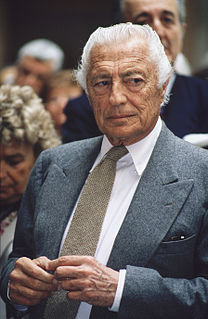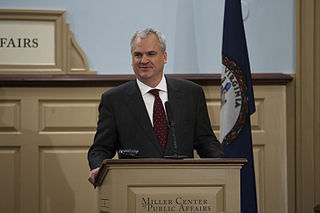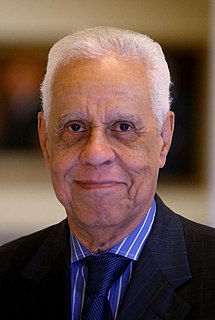A Quote by Ted Nugent
I'm Beginning To Wonder If It Would Have Been Best Had The South Won The Civil War.
Related Quotes
I can't say with certainty that slavery would have ended more quickly and more completely if the South had been allowed to leave and escaped former slaves had been allowed to remain free, and the North and the rest of the world had been a positive influence on the South. However, it's certainly a possibility that it would have ended sooner if the southern slave owners had agreed to a system of compensated emancipation and freed the slaves without a war and without secession, as most nations that ended slavery did. That absolutely would have been preferable to the Civil War as it happened.
People want to know why the South is so interested in the Civil War. I had maybe, it's a rough guess, about fifty fistfights in my life. Out of those fifty fistfights, the ones that I had the most vivid memory of were the ones I lost. I think that's one reason why the South remembers the war more than the North does.
I think there's something very dark in the South African psyche. I think we live a lot of the time in a state of a very low-grade civil war; the levels of violence in South Africa are extremely high. In a way, the civil war that never happened is being played out in a covert way, so we live with a lot of very ugly things.
Obama was elected in a flourish of promise that many in the African-American community believed would help not only to symbolize African-American progress since the Civil War and Civil Rights Acts but that his presidency would result in doors opening in the halls of power as had never been seen before by black America.
I was born in 1966, at the beginning of the Biafran-Nigerian Civil War, and the war ended after three years. And I was growing up in school, and the federal government didn't want us taught about the history of the war, because they thought it probably would make us generate a new generation of rebels.




































